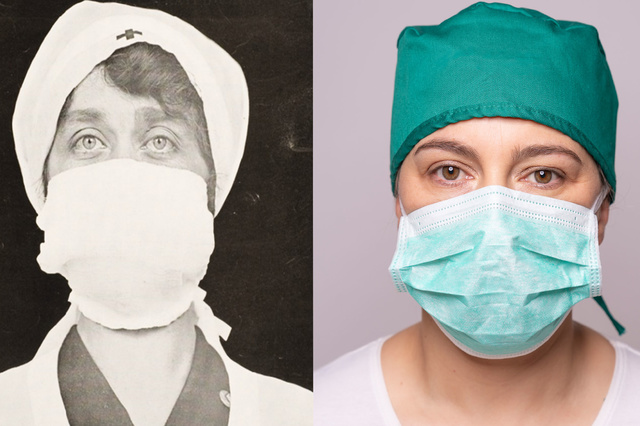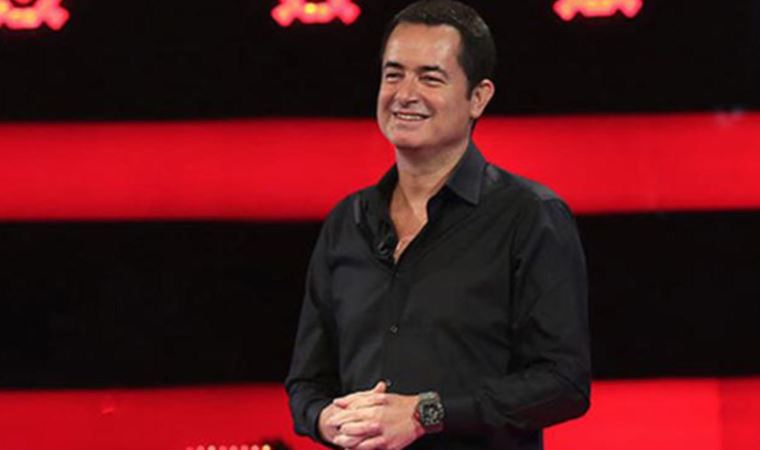The Spanish flu died out relatively quickly 100 years ago after three waves, while Covid-19 is already entering its fourth wave today. Ominous or not? Medical historian Roberecht Van Hee is not surprised. “We haven’t vaccinated one important group yet.”
The world has always known epidemics and pandemics and one thing is certain: they are all going out. But how? Shall we nip SARS-CoV-2 in the bud like SARS-1, Ebola and Polio. Or do we give the virus the same fate as the smallpox virus that was completely eradicated.
…
The world has always known epidemics and pandemics and one thing is certain: they are all going out. But how? Shall we nip SARS-CoV-2 in the bud like SARS-1, Ebola and Polio. Or do we give the virus the same fate as the smallpox virus that was completely eradicated. Or even: will covid-19 become a condition that returns every winter season, whether or not our hospital system is overwhelmed, such as the flu in Belgium that kills about 1,000 people or sometimes more every year? We don’t have a crystal ball, but we can look to the past. And then it is striking how shocking the similarities are between the fairly well-documented Spanish flu pandemic of more than a century ago and the current corona pandemic. From an army camp in Kansas, the brand-new respiratory virus, H1N1, crossed the Atlantic in the spring of 1918 and spread like wildfire around the world through a population greatly weakened by World War I. The first wave flared up in March, followed by a larger, second wave in the fall. Then a third, smaller wave followed in the spring of 1919, when many soldiers returned home after the war. By the summer, the pandemic was over. ‘The graphs of the pandemic waves of 1918-1919 and 2020-2021 are indeed almost identical,’ says medical historian Roberecht Van Hee (UAntwerp). ‘But there are also important differences. With the Spanish flu, people did not know at all that they were dealing with a virus, so there was no vaccine available. Limited globalization also caused a slower transmission than today. But above all, the social impact of the flu in Europe was a lot less visible than in other parts of the world because Europeans were so vexed by the horror of the war that flu was less of a concern to them. Spanish flu was caused by an influenza virus rather than a coronavirus. Unfortunately, very little is known about the origin of the four pre-existing human coronaviruses. A study by virologist Marc Van Ranst in the Journal of Virology links the ‘Russian flu’ pandemic of 1889 with the coronavirus OC43, which caused loss of smell and taste. But there is no conclusive evidence for this. Unfortunately, Van Ranst’s team was also unable to find out how long it took for the Russian flu to dilute into the current cold virus. The Spanish flu, also known as the ‘Mother of Pandemics’, is thus the closest we come to a possible answer to the question of how Covid-19 will evolve. ‘The Spanish flu ended relatively quickly’, says Van Hee. This may be due to a combination of circumstances. One of the assumptions is that there were so many dead and sick that the virus no longer found an audience to infect and died out. Another explanation is that the virus has mutated to a less virulent form. A final possibility is that doctors and nurses have learned to cope better with the disease in a period of two years by applying quarantine and using mouth masks. These are measures that we still apply today. ‘Although we still use the same measures and also have billions of corona vaccines, we will have to put up with this pandemic longer than our ancestors did 100 years ago. According to experts, Covid-19 can only be contained when 90 to 95 percent of the world’s population has achieved some form of immunity through a vaccine or infection. But a lot of people in the world have yet to get covid-19 or the vaccine today. The most recent figures show that nearly three billion people have been fully vaccinated. Add to that the people who have had an infection and you probably only get to half the world’s population. By deploying vaccines worldwide, the speed can be increased. According to Van Hee, there is an additional problem. The vaccines have not yet been able to do their job sufficiently because we have not yet vaccinated one important group. ‘With the original Wuhan variant, children did not get sick so massively. The much more contagious delta variant has reversed that trend. It seems that children are the engine of the fourth wave. In the meantime, they can pass on the virus as quickly as adults. We don’t know the effect for now, but maybe we wouldn’t have had a fourth wave today if we had vaccinated children as young as six. Measles and chickenpox are also diseases that we vaccinate and revaccinate small children against. I wouldn’t be surprised if a new variant emerges this winter against which the vaccines will still work, but perhaps not in all age groups.’ Most important lessonIn the meantime, we know that the flu virus that was responsible for the Spanish flu has never gone away, but evolved into an endemic phenomenon. ‘Endemic’ means that a virus circulates in society in a stable and predictable way. The disease does not engulf our system, but it also does not go away. Fortunately, the modern H1N1 variant no longer kills millions today as it did in 1918-1919. That’s because the human immune system became able to – in most cases – fend off the deadly complications. Most experts expect a similar scenario for Covid-19. If the immunity against covid is sufficiently durable and the virus does not mutate too much, the waves will eventually settle down. Or to put it with another natural phenomenon: a forest fire only goes out until all the wood has burned out. Van Hee is also convinced that in the future we will have to live together with covid, with or without variants. Although it cannot be said with certainty whether covid-19 will be a harmless cold virus or serious winter covid by the winter of roughly 2022. Unpredictability is the meaning of the existence of a virus. But the most important lesson for Van Hee goes beyond the virus itself. The pandemic has shown how unprepared the world was for health crises, despite warnings that major epidemics were inevitable. ‘Our healthcare deserves more financial appreciation and better working conditions. Nurses were given a small raise and the message that they had to make it now. If we do not adapt our care system and cannot guarantee more adequate care in residential care centers, history will repeat itself. Because the next pandemic is coming. That’s for sure.’
– .


